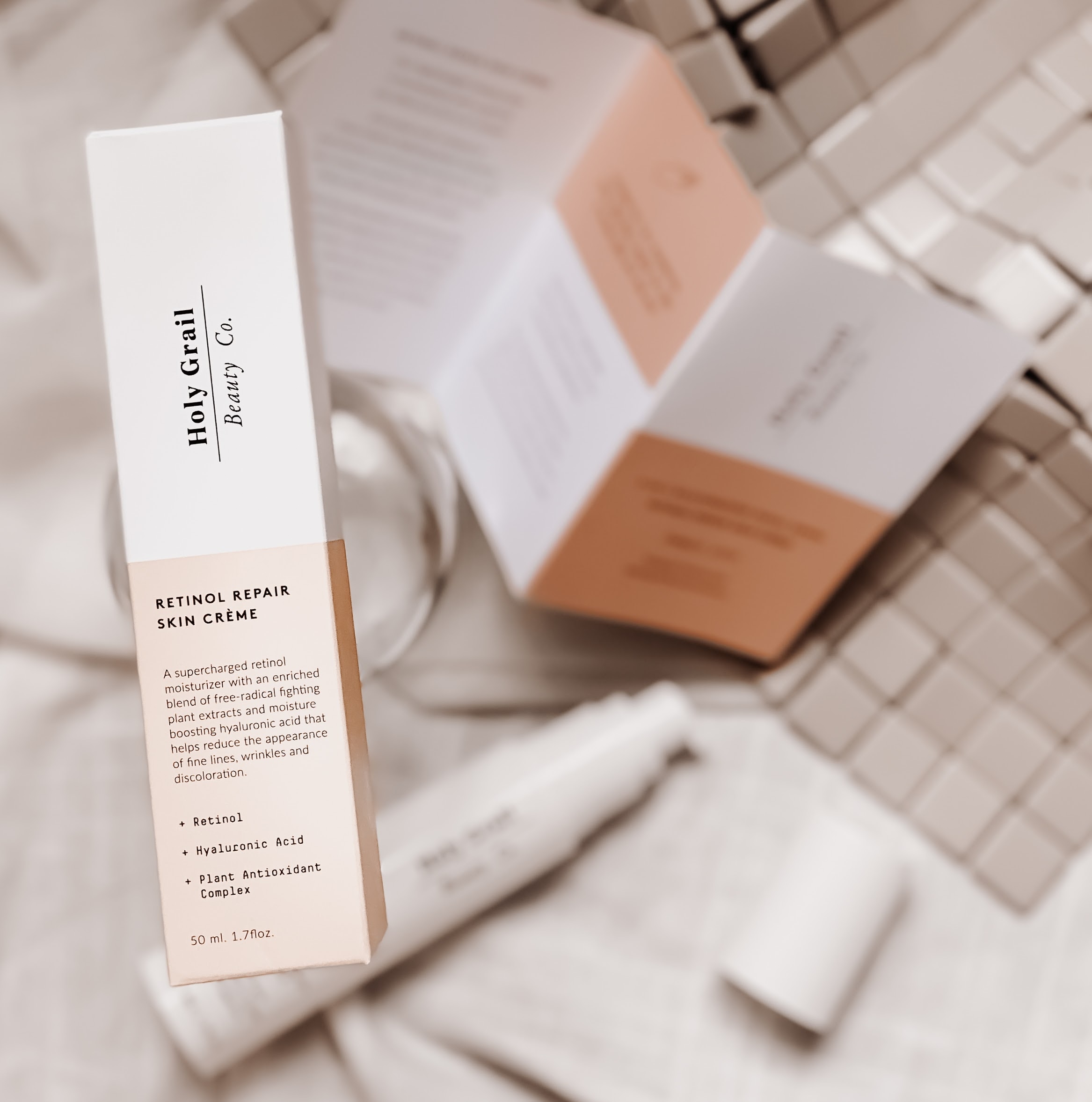Introduction
Retinol has gained significant popularity in the skincare industry over the years due to its numerous benefits for the skin. Derived from vitamin A, retinol is a powerful ingredient that can help improve the appearance of wrinkles, fine lines, and uneven skin tone. In this article, we will delve into the benefits of retinol and provide some tips on how to use it for the best results.
The Benefits of Retinol
Retinol offers a range of benefits that can help transform your skin. Here are some of the key advantages:
1. Reduces the Appearance of Wrinkles and Fine Lines
One of the most well-known benefits of retinol is its ability to minimize the appearance of wrinkles and fine lines. Retinol stimulates collagen production in the skin, which helps to improve skin elasticity and reduce the signs of aging. Regular use of retinol can lead to smoother, more youthful-looking skin.
2. Improves Skin Texture and Tone
Retinol is also effective in improving skin texture and tone. It helps to exfoliate the skin, removing dead skin cells and promoting cell turnover. This process can result in a more even complexion and a smoother skin surface. Additionally, retinol can help fade dark spots and hyperpigmentation, giving your skin a more radiant and uniform appearance.
3. Fights Acne and Prevents Breakouts
Retinol is a valuable ingredient for those struggling with acne-prone skin. It helps to unclog pores, reduce inflammation, and regulate oil production. By keeping the pores clear and minimizing the buildup of bacteria, retinol can effectively prevent breakouts and promote clearer skin.
4. Enhances Skin Hydration
Retinol has the ability to improve skin hydration by strengthening the skin’s moisture barrier. This helps to lock in moisture and prevent water loss, resulting in plumper and more hydrated skin. Regular use of retinol can help combat dryness and maintain a healthy moisture balance in the skin.
How to Use Retinol for Best Results
While retinol is a powerful ingredient, it is important to use it correctly to avoid any potential side effects. Here are some tips on how to incorporate retinol into your skincare routine for optimal results:
1. Start Slowly
When introducing retinol into your skincare routine, it is best to start slowly to allow your skin to adjust. Begin by using a low concentration of retinol and gradually increase the frequency and strength over time. This will help minimize any potential irritation or dryness.
2. Apply at Night
Retinol is best used at night as it can make your skin more sensitive to sunlight. Apply a pea-sized amount of retinol to clean, dry skin after cleansing and toning. Allow the retinol to absorb fully before applying any other products.
3. Moisturize and Protect
Due to its exfoliating properties, retinol can sometimes cause dryness or flakiness. To counteract this, it is important to moisturize your skin regularly. Choose a moisturizer that is suitable for your skin type and apply it after the retinol has fully absorbed. Additionally, always wear sunscreen during the day to protect your skin from sun damage.
4. Be Patient
Results from using retinol may not be immediate, and it can take several weeks or even months to see noticeable improvements in your skin. Consistency is key when using retinol, so be patient and give it time to work its magic.
5. Consult a Dermatologist
If you have any concerns or questions about using retinol, it is always a good idea to consult a dermatologist. They can provide personalized advice based on your skin type and recommend the most suitable retinol products for your skincare needs.
Conclusion
Retinol is a powerhouse ingredient that can deliver impressive results when used correctly. Its ability to reduce the appearance of wrinkles, improve skin texture, fight acne, and enhance hydration makes it a valuable addition to any skincare routine. By following the tips mentioned above, you can make the most of retinol and achieve the best possible results for your skin.

